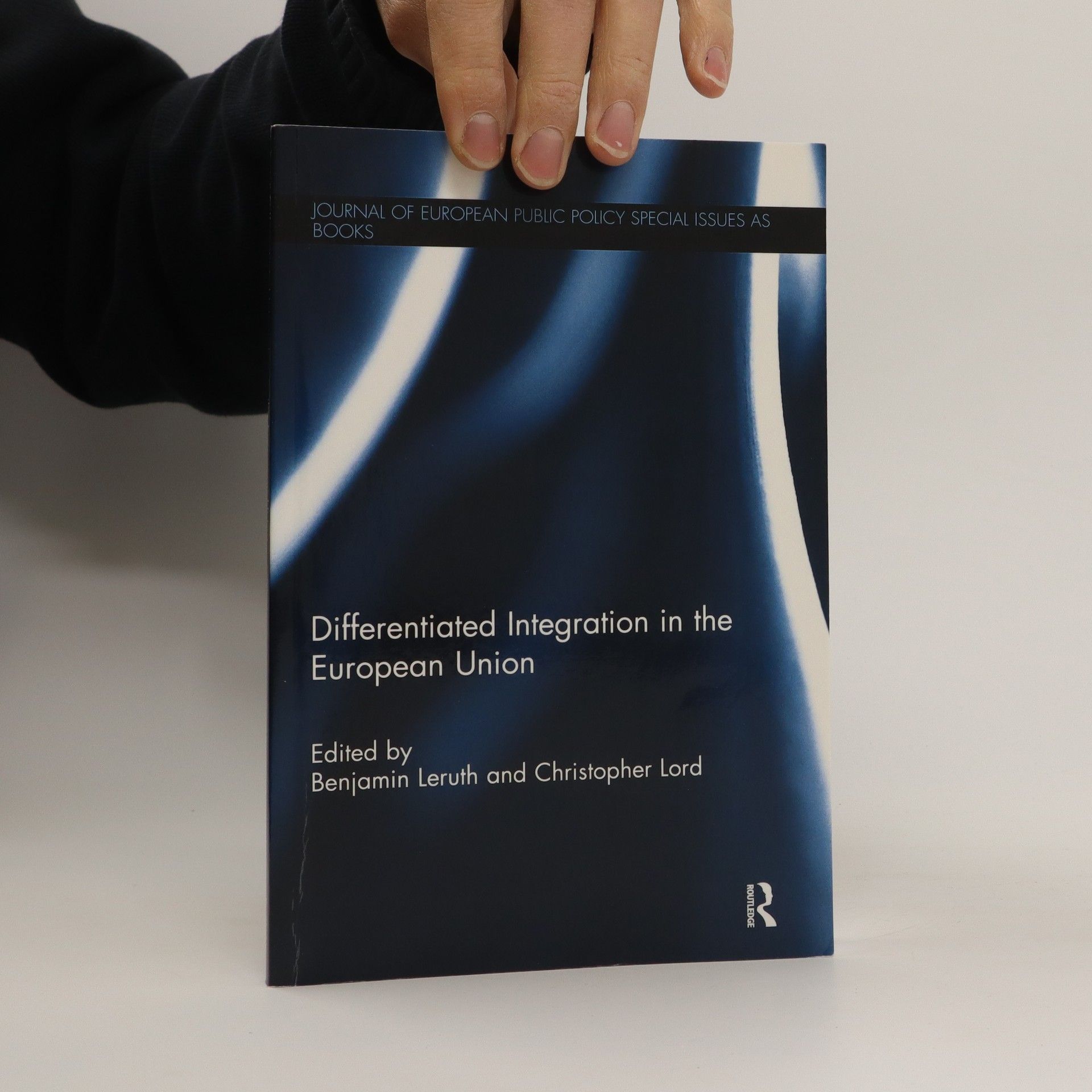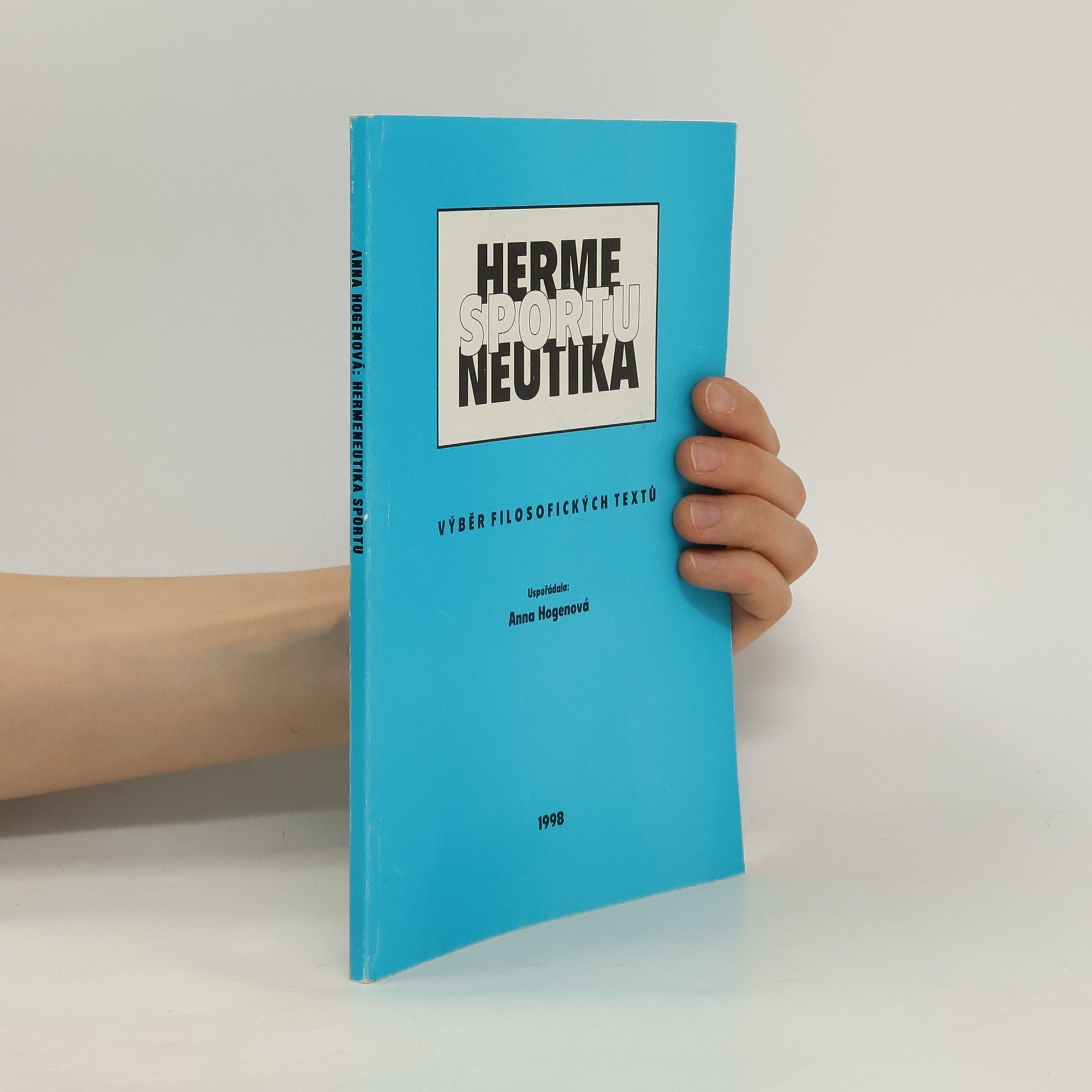Nanna's Poems is a poignant collection about life. It spins a bittersweet tale of childhood, marriage, and death. For Dora, the one consistency was God. Though temptation is everywhere and the world in which we live is a harrowing one, at its heart, this collection explores the power of His love and His guidance.
Christopher Lord Book order (chronological)






When Uncle Kevin (Please, just call me Kevie!) arrives out of the blue to visit his nephew and his wife Anne, he brings with him both disruption and fun. Kevie is a wonderful storyteller with a travelling spirit and a rich history. In this semi-biographical novel, Lord Christopher traces the history of his happy-go-lucky Uncle Kevin and delineates it against the backdrop of the history and zeitgeist of Australia at the time. Kevie has an interesting approach to and philosophy about life, and so far it has served him well. But life can be sad and difficult, which occurrences are sensitively and faithfully documented by his nephew, the author.
Differentiated integration in the European Union
- 164 pages
- 6 hours of reading
The notion of Differentiated Integration is increasingly used in the literature on European integration. Often employed interchangeably with the notion of "flexible integration, diverging views on its nature have led to the emergence of various definitions and, to some extent, a semantic confusion. A lack of consensus characterizes the academic literature; some authors even avoid putting an explicit definition on the term. The main objective of this book is to seek answers for the following questions: How can one define Differentiated Integration in the European Union? Should Differentiated Integration be considered as a process, a concept, a system or a theory? Should it be seen as a temporary or a well-established phenomenon? How is this field of study likely to develop in the future? In order to do so, all chapters, written by leading experts in the field, offer a state-of-the-art analysis of the study of differentiated integration, from theoretical and practical perspectives. In addition, this book is not a collection of isolated papers: all chapters are interconnected and gravitate towards the aforementioned central questions, but approach these from different perspectives. This book was published as a special issue of the Journal of European Public Policy.
Central Europe: core or periphery?
- 255 pages
- 9 hours of reading
Leading historians, specialists in art and literature, economists and political scientists from East and West present a stock-taking ten years after the fall of the Berlin Wall and the end of past era. Russian and German commentators with a perspective from Moscow and Berlin give a multi-faceted picture of this complicated region at the turn of the 21st century.
Filozoficko - politologická studie si klade za cíl odhalit povahu politické praxe. Autor především analyzuje politický diskurs, ideologickou a institucionální základnu politiky, politický program a evropský nacionalismus. Originální teorie o vývoji politických idejí na konci 20. století.
Tato kniha byla vydána českým nakladatelstvím Twisted Spoon Press, které sídlí v Praze a vydává díla českých a slovanských autorů v anglickém jazyce. Oficiální anotace nakladatele: Amuwapi is the name of a prehistoric god, who lives alone in the Palace of the Moon and weeps ceaselessly. He is associated with tears, with writing, with the sundial, with menstruation, and with a human sacrifice cult which has left traces in the civilizations of the dawn of history — in Sumer, in the Indus Valley, in Egypt, and in ancient China, for instance. It is suggested, though, that the origins of the cult may lie much further back in prehistory. The Book of Amuwapi is a collection of documents from various civilizations and periods associated in some way with the cult of Amuwapi, varying from the legal documents of lost civilizations to Javanese folk tales. Intertwined with this reconstruction of the Amuwapi cult is the story of the catfish, who meets Amuwapi at the beginning of the book and is advised by him to carry out a search for Love. Artwork by Petr Nikl.
Questions in Contemporary International Relations
- 161 pages
- 6 hours of reading
